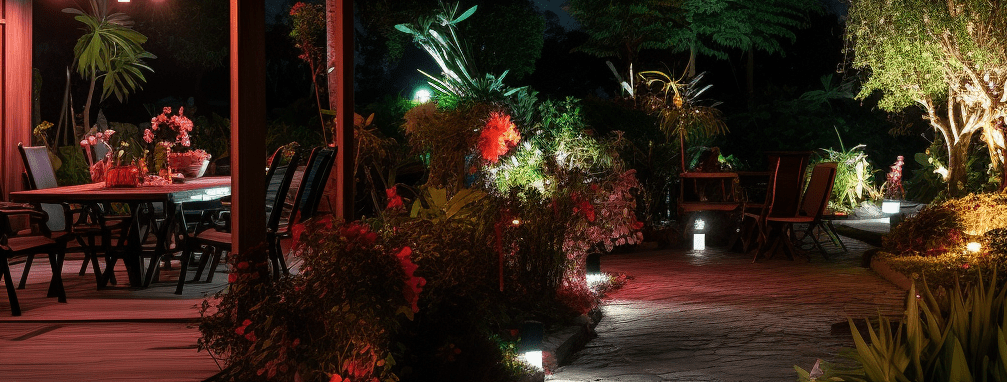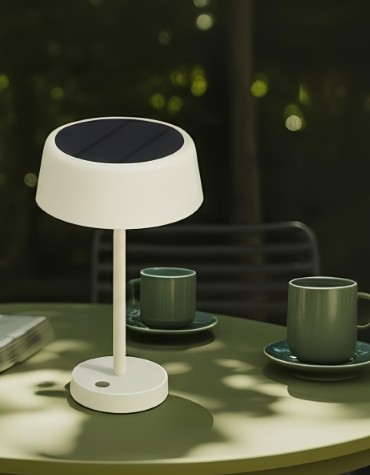Busting the Myths – Unravelling the Truth about Solar Lighting

Solar lighting has emerged as a sustainable and eco-friendly solution for lighting our homes, gardens, streets, and public spaces. With the growing popularity of renewable energy, solar lights have become a topic of interest, but they are also accompanied by misconceptions and myths. In this blog, we’ll debunk some of the common myths around solar lighting while shedding some light on the undeniable benefits of such lighting.
Myth: Solar Lights Don’t Work in Cloudy or Rainy Weather
Contrary to popular belief, solar lights can still function efficiently in cloudy or rainy weather. Modern solar panels are designed to capture diffused sunlight, which means they can generate electricity even when the sky is overcast. Additionally, solar lighting systems typically include energy storage, such as rechargeable batteries, allowing them to store excess energy during sunny days and use it during periods of low sunlight.
Myth: Solar Lights Are Too Expensive
While the initial cost of purchasing solar lights may seem higher than traditional lighting options, it’s essential to consider the long-term savings they offer. Solar lights operate without relying on electricity from the grid, meaning you save significantly on utility bills. Moreover, advancements in technology and increased demand have led to more affordable solar lighting solutions, making them a cost-effective investment with a satisfying return on investment (ROI) over time.
Myth: Solar Lights Are Not Bright Enough
In the past, solar lights might have been less bright due to less efficient technology. However, modern solar lights use high-powered LED bulbs, which provide satisfactory brightness while using minimal energy. The brightness of solar lights is measured in lumens, and many models offer various brightness levels to cater to different lighting needs. Some solar lights can illuminate large areas, such as driveways, pathways and gardens with no problems.
Myth: Solar Lights Are Difficult to Install
Installing solar lights is simpler than you might think. Most solar lighting systems are designed for DIY installation and come with easy-to-follow instructions. Since they are wireless and self-contained, you don’t need to deal with complex wiring. Many solar lights are “plug-and-play,” allowing you to position them wherever you need more light, whether in your garden, on your patio, or along your driveway.
Myth: Solar Lights Don’t Last Long
The lifespan of solar lights has significantly improved over the years, thanks to improvements in the technology and the use of durable materials. When properly maintained, solar lights can last for many years, providing consistent illumination throughout their lifespan. Routine maintenance may involve occasional cleaning of solar panels to ensure maximum efficiency. Additionally, choosing high-quality solar lights from reputable manufacturers can further enhance their longevity.
Conclusion
Solar lighting offers a greener and sustainable alternative to traditional lighting systems. By dispelling these common myths, we can better appreciate the true potential of solar lights. They can function efficiently even in cloudy weather, offer significant long-term savings, and provide ample brightness for various applications. Their ease of installation and impressive lifespan make them a reliable choice for both residential and commercial use.
Incorporating solar lighting not only reduces our carbon footprint but also contributes to building a more energy-efficient and environmentally conscious future for generations to come. So, the next time you consider brightening up your surroundings, give solar lights a chance, and experience the benefits of harnessing the power of the sun.


